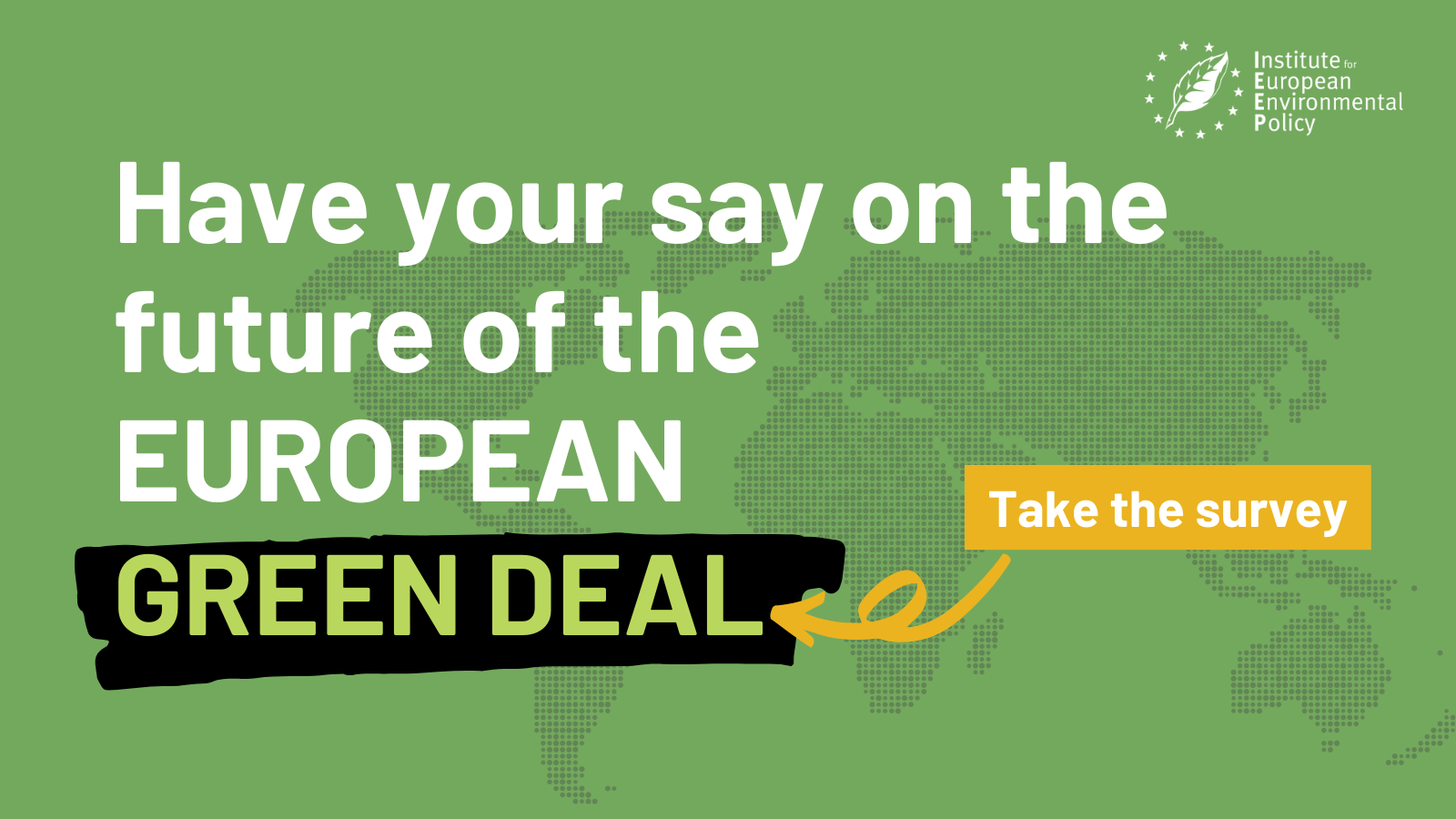Authors: Ben Allen, Elisa Kollenda, Nora Hiller
The COVID-19 crisis is bringing new elements to the discussions around the future EU multiannual financial framework – and the negotiations need to reflect the urgency of the crisis.
| MFF 2021-27The European Commission is expected to present an updated multiannual financial framework proposal in May, as part of the EU’s recovery strategy. The updated EU budget for 2021-2027 is seen as a key tool to overcome the severe recession that the COVID-19 crisis will cause in Europe. To navigate through the recovery, concrete innovative financial instruments and an increased overall budget are on the table. The budget discussions to date have not gone smoothly. In the last steps of the negotiation, the Finnish Council presidency proposed figures on the overall budget well below the initial Commission proposal(1.07% compared to 1.114% of the EU’s GNI), as a compromise due to a disagreement between country blocks of net-contributors and net-receivers. The last effort, a special meeting in Februarythat aimed to settle the negotiations in accordance with the deadlines, ended without an agreement. Next to the amount of the overall budget, funding priorities were disputed between new priorities (such as increased research funding), and the “traditional” policy areas of cohesion and agricultural funding. |
A swift response to the economic fallout caused by COVID-19 is needed, to cushion the impact on those most vulnerable in society and stem growing inequalities, including through inter-generational solidarity.
However, the short-term response to the pandemic cannot be a trade-off for the EU’s sustainability objectives, and, as argued by the Think Sustainable Europe network, must pass five sustainability tests to address the fundamental challenges faced by our society and the environment.
The discussion on sustainability and resilience of agri-food systems takes on renewed significance in this context.
The sufficient supply and safety of food have become an immediate concern to EU citizens with the outbreak of the coronavirus, and there has been a growing recognition of the additional vulnerabilities of globalised food supply chains. The fragility of the EU’s food system was already evident in the face of environmental uncertainties and future economic shocks.
What could have been done to better prepare for such disruptions and what can we learn from the current situation? These are crucial questions for research and innovation, in order to develop sustainable global food systems that are more resilient for the future.
In the context of the MFF negotiations and Europe’s recovery plan, it is essential that sufficient research and innovation funding is allocated to agriculture and food – not just for Europe’s benefit, but also to support the R&I developments in developing countries that have been hit hardest by the pandemic.
Horizon Europe, the EU’s framework research programme for research, can play a crucial role in achieving systemic change. With a headline budget of €100 billion, it was set out to be the EU´s most ambitious R&I programme (EC proposal, 2018). The original Horizon Europe proposal saw €10 billion allocated to the food and natural resources cluster. The figure marked a significant increase compared to the previous programme (3.8bn EUR in Horizon 2020). This promising development should not be abridged, as it provides the gateway for urgently needed systemic solutions.
Future disruptions cannot be foreseen in a predictable way. Our only shot at real food security, in the long run, is to place a holistic resilience approach at the heart of the EU’s Research and Innovation agenda.
This makes traditional tools of improving food security and nutrition – often sectoral, narrow in scope, implemented through technical fixes – obsolete. Taking a systemic approach means considering the food system in the context of a growing population, changing consumption patterns, globalization, environmental considerations and the relationship between farming and health, which is now more than ever relevant for all supply chain actors and society.
IEEP’s work on research and innovation in agriculture aims to support the research framework programme in innovation for a more sustainable EU agriculture and food system and that sufficient resources are focused in this important area. In this context, we facilitate a multi-stakeholder platform, defining research gaps which need to be addressed to accelerate a transition. More information to follow soon on our website.


